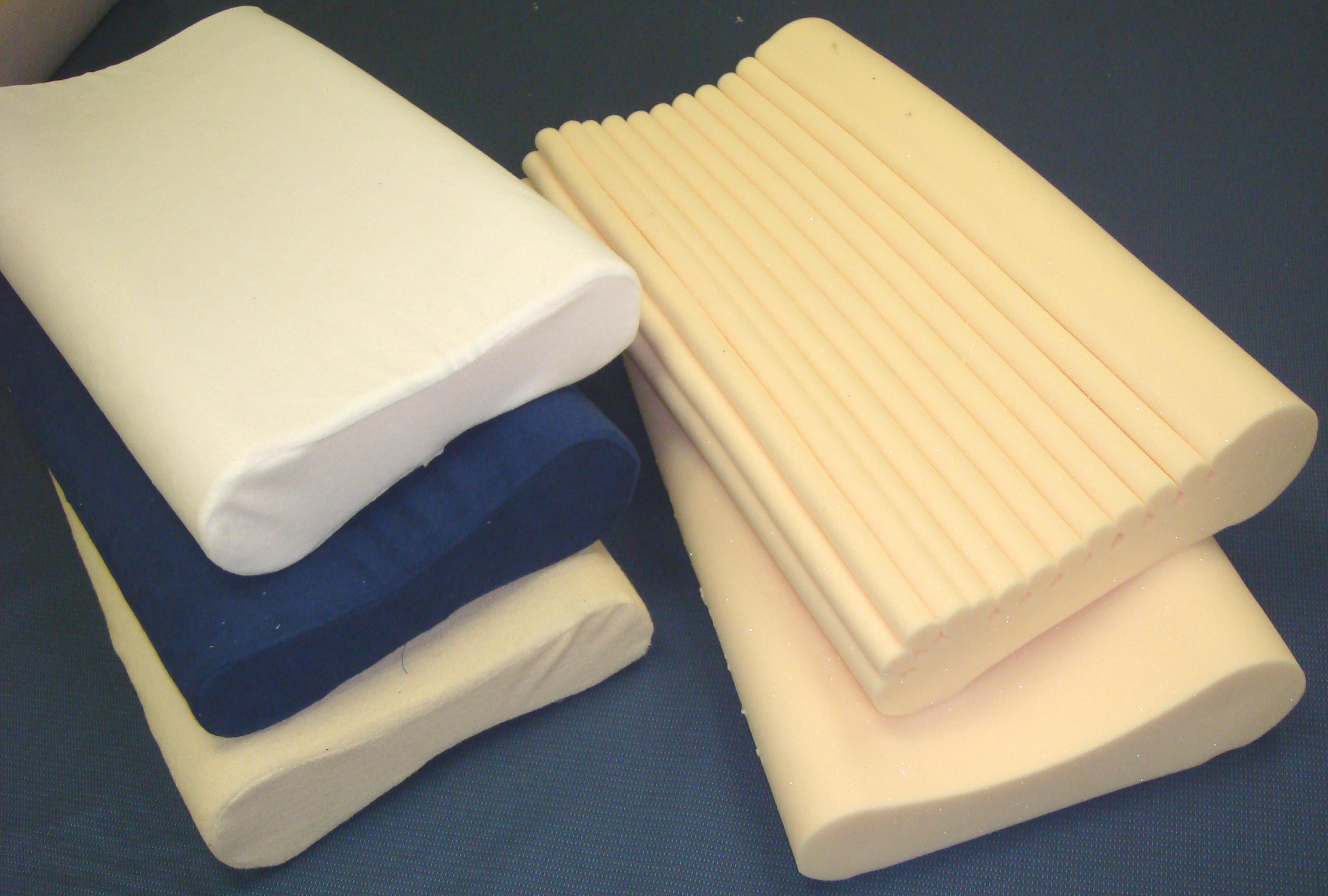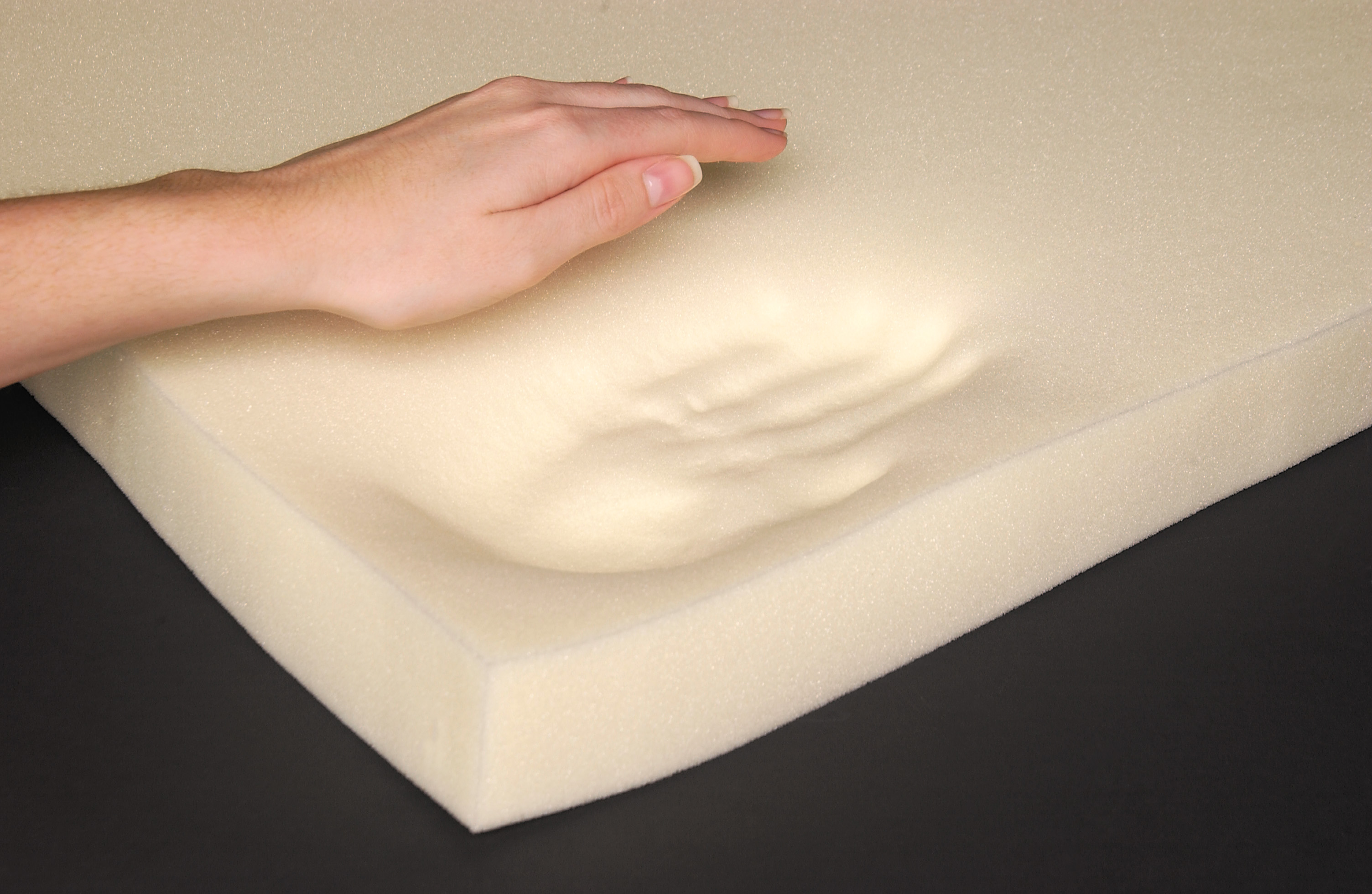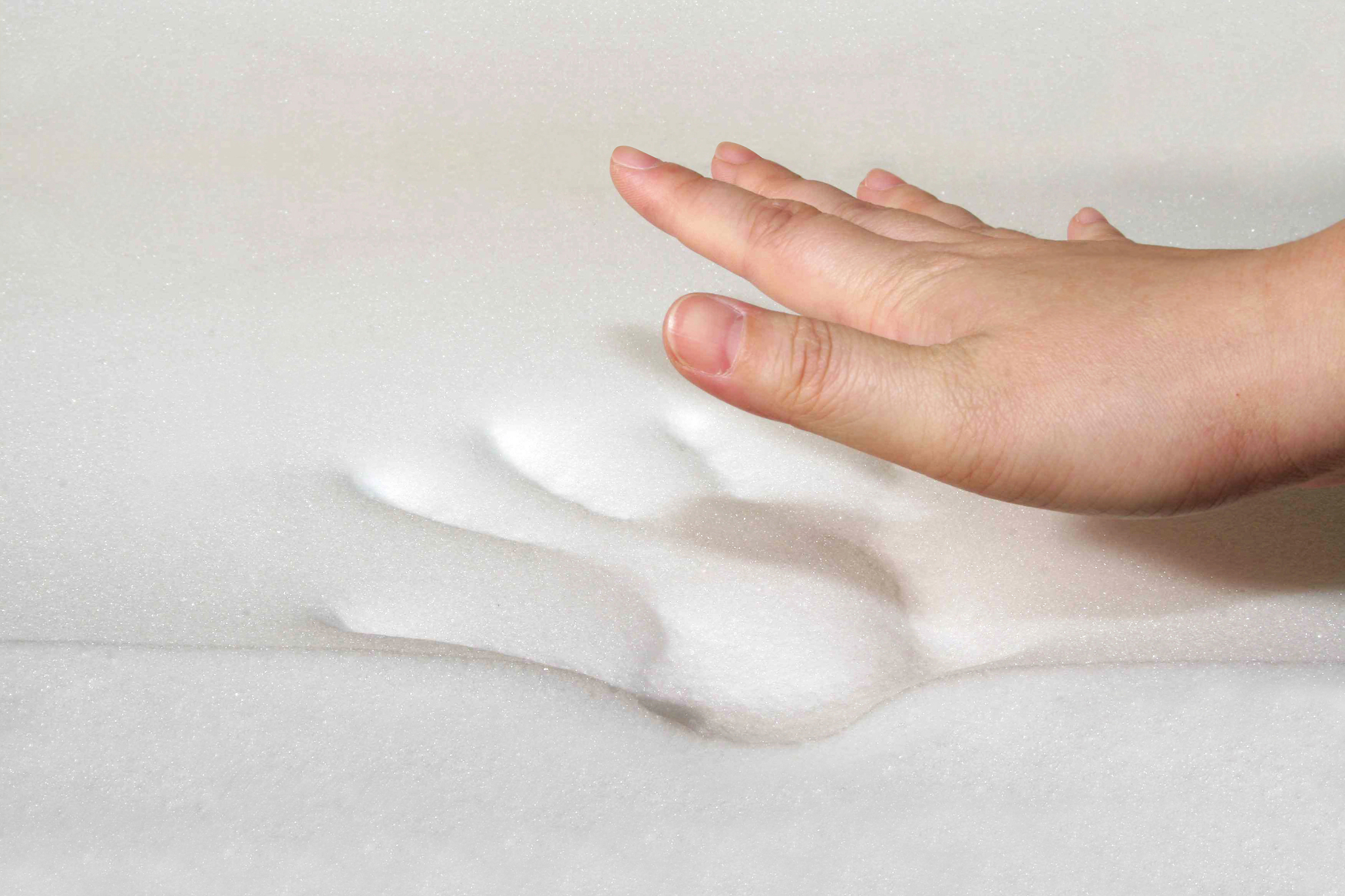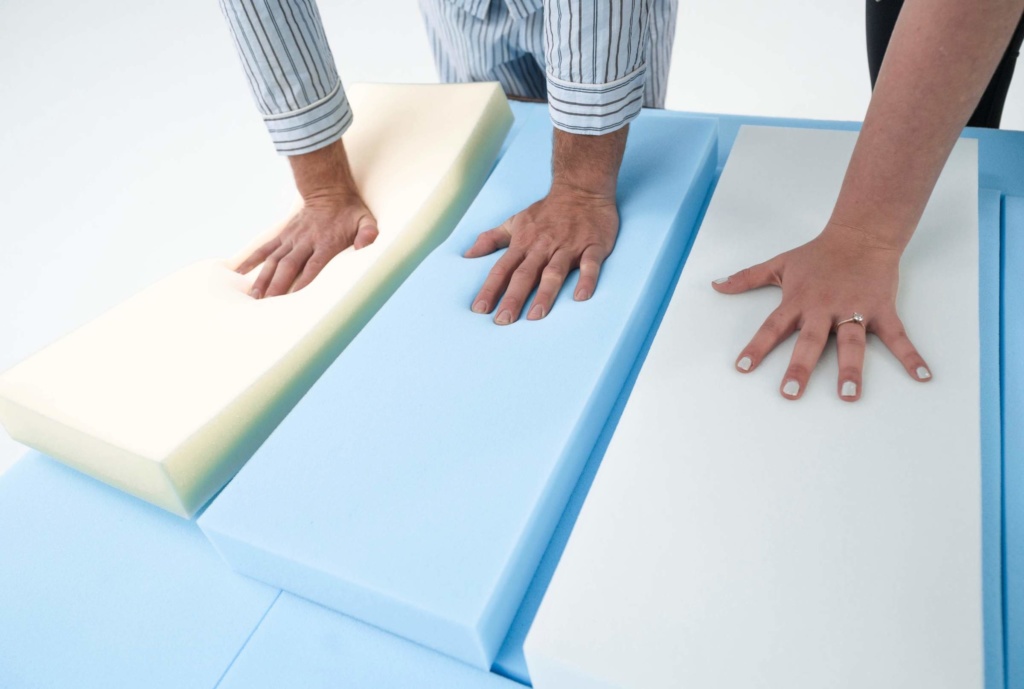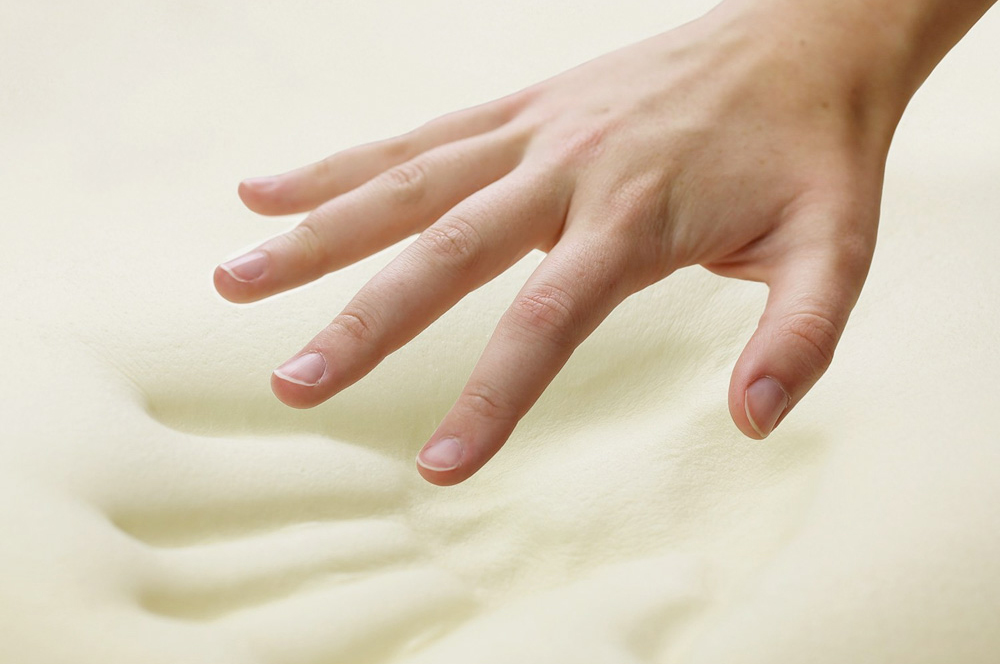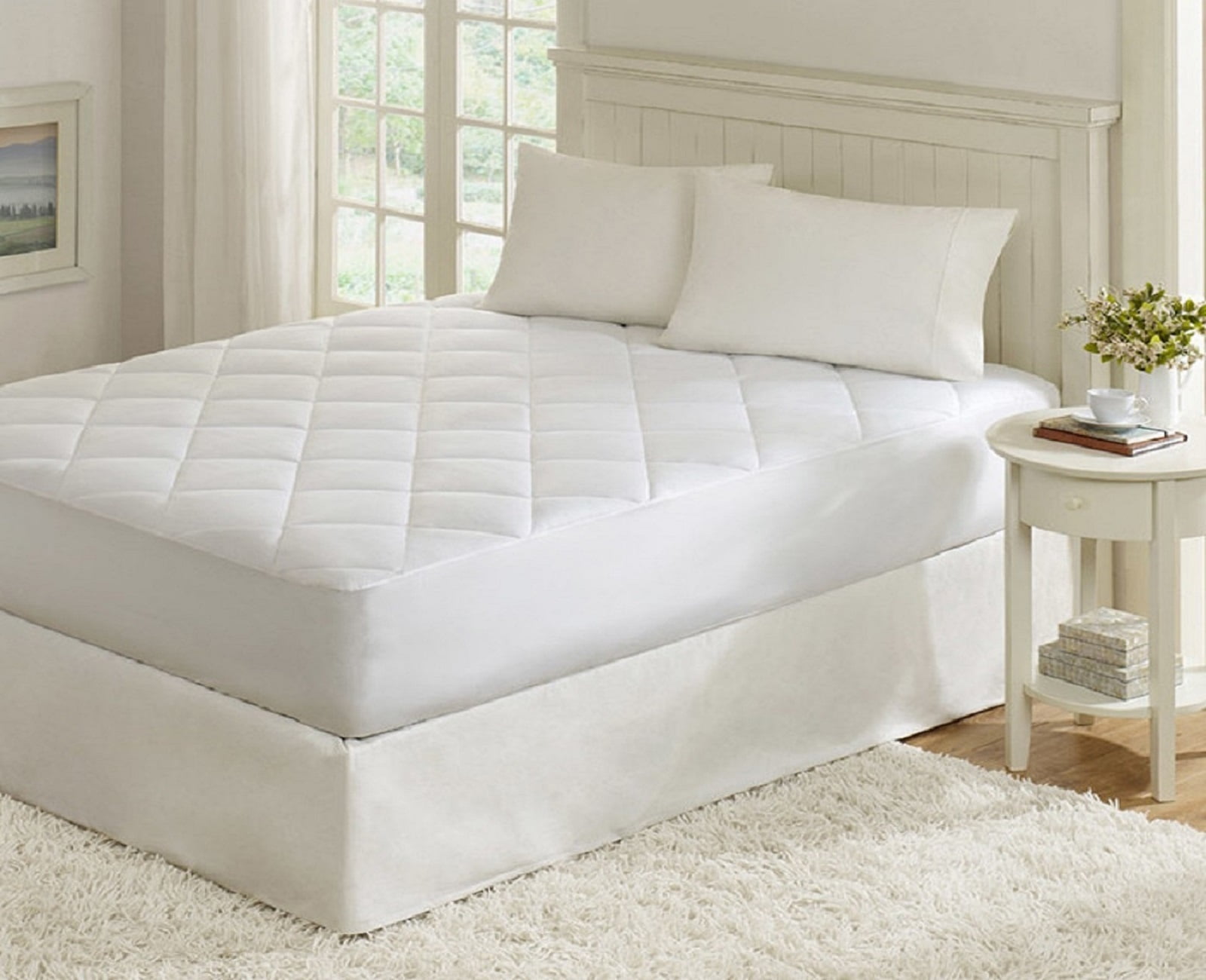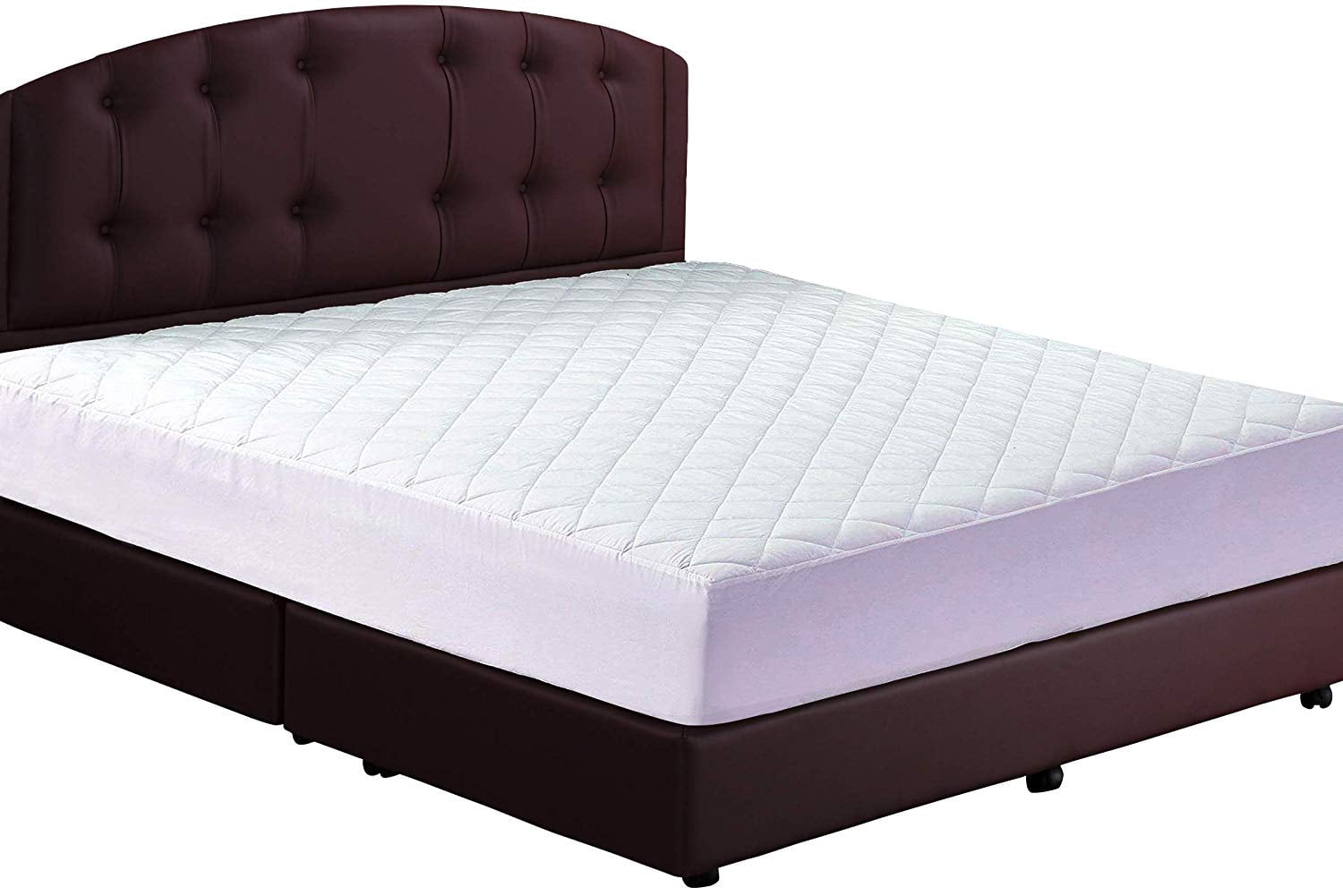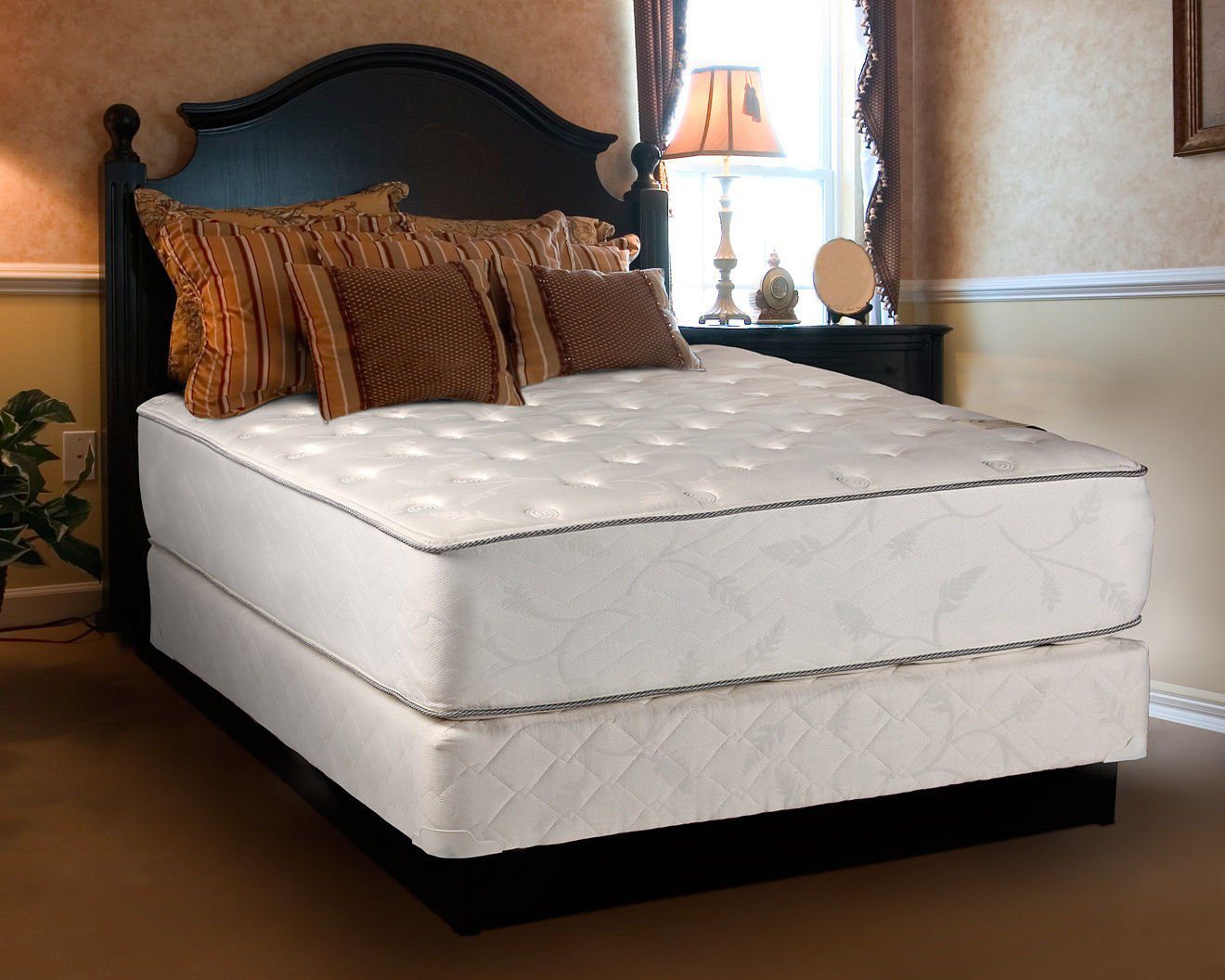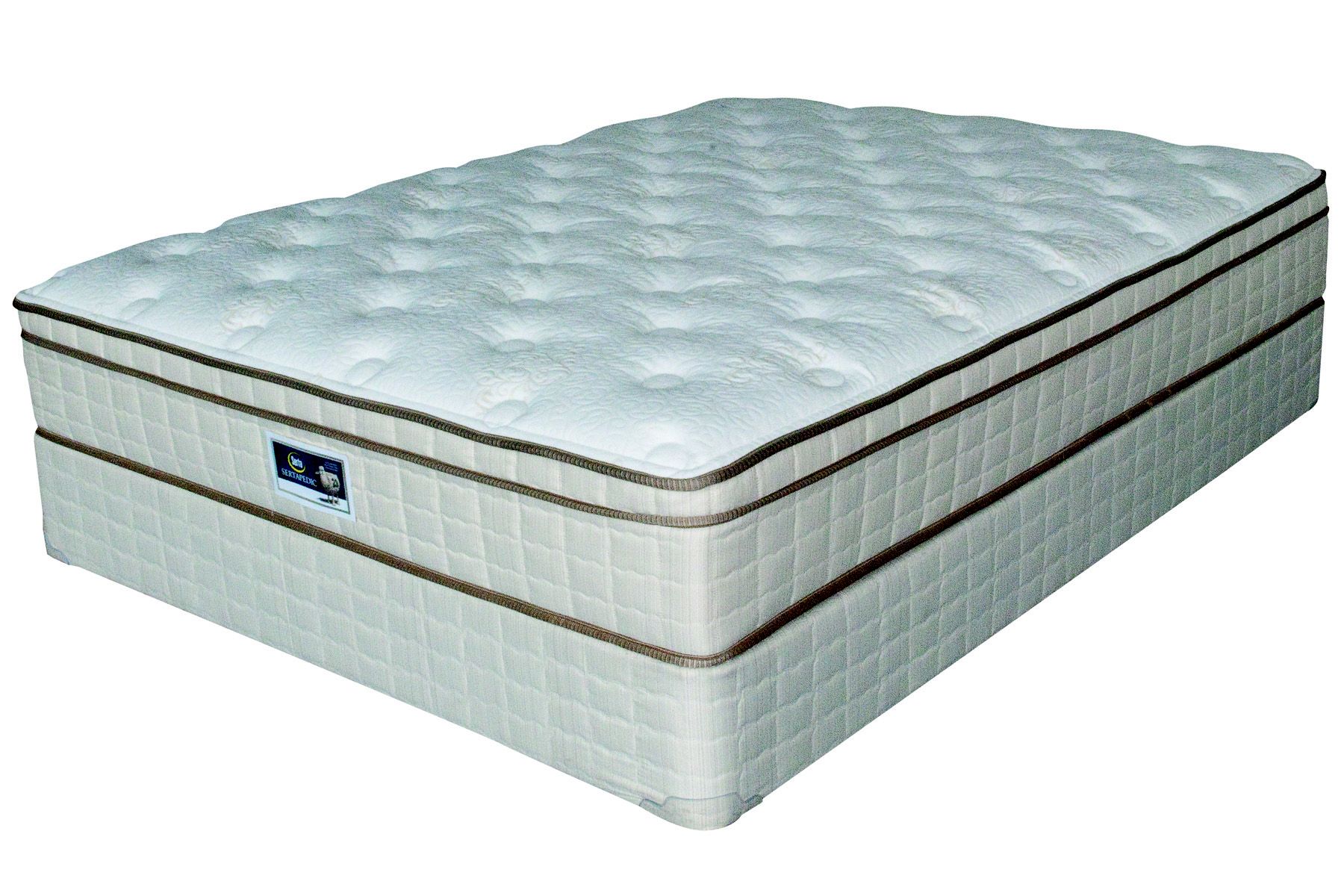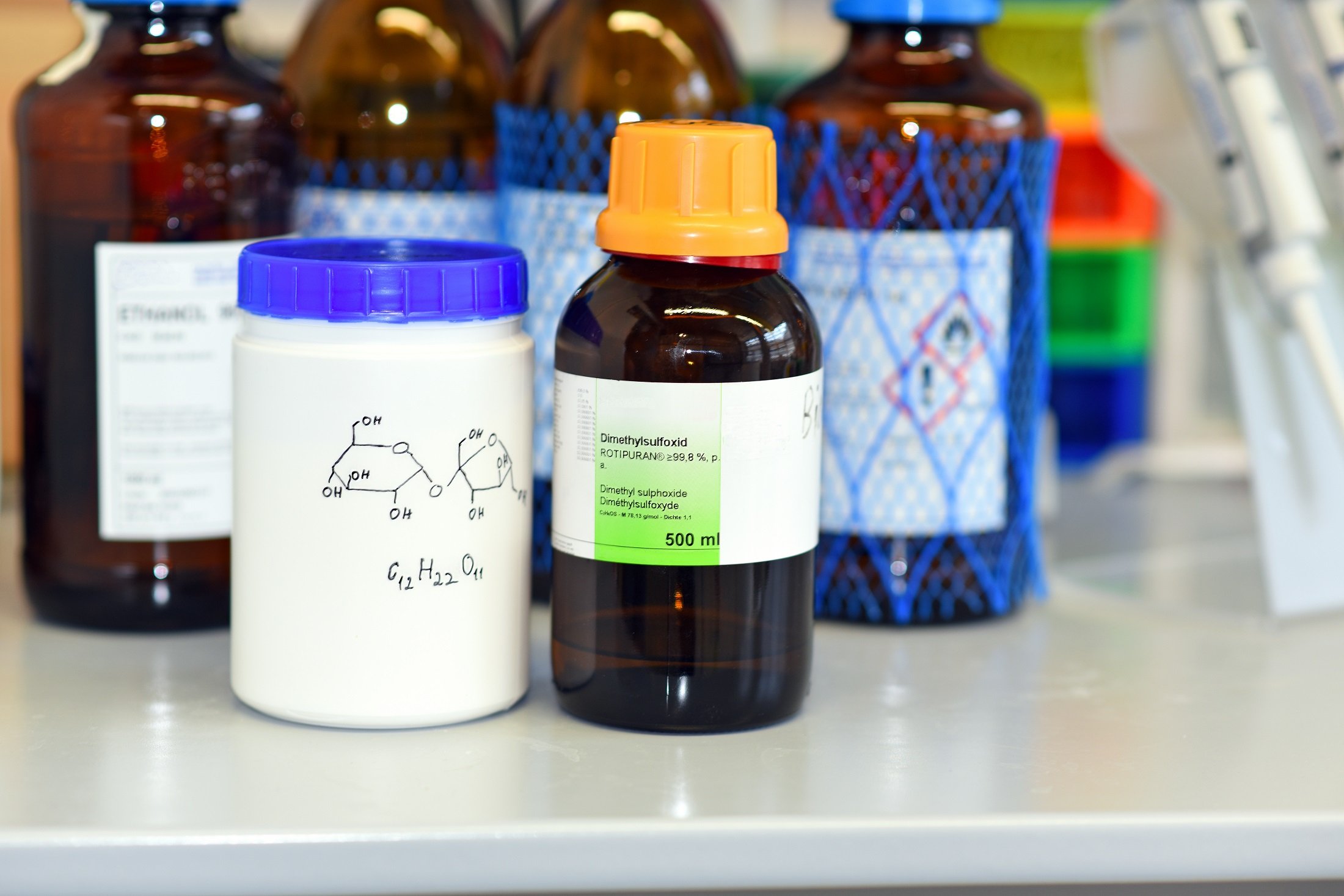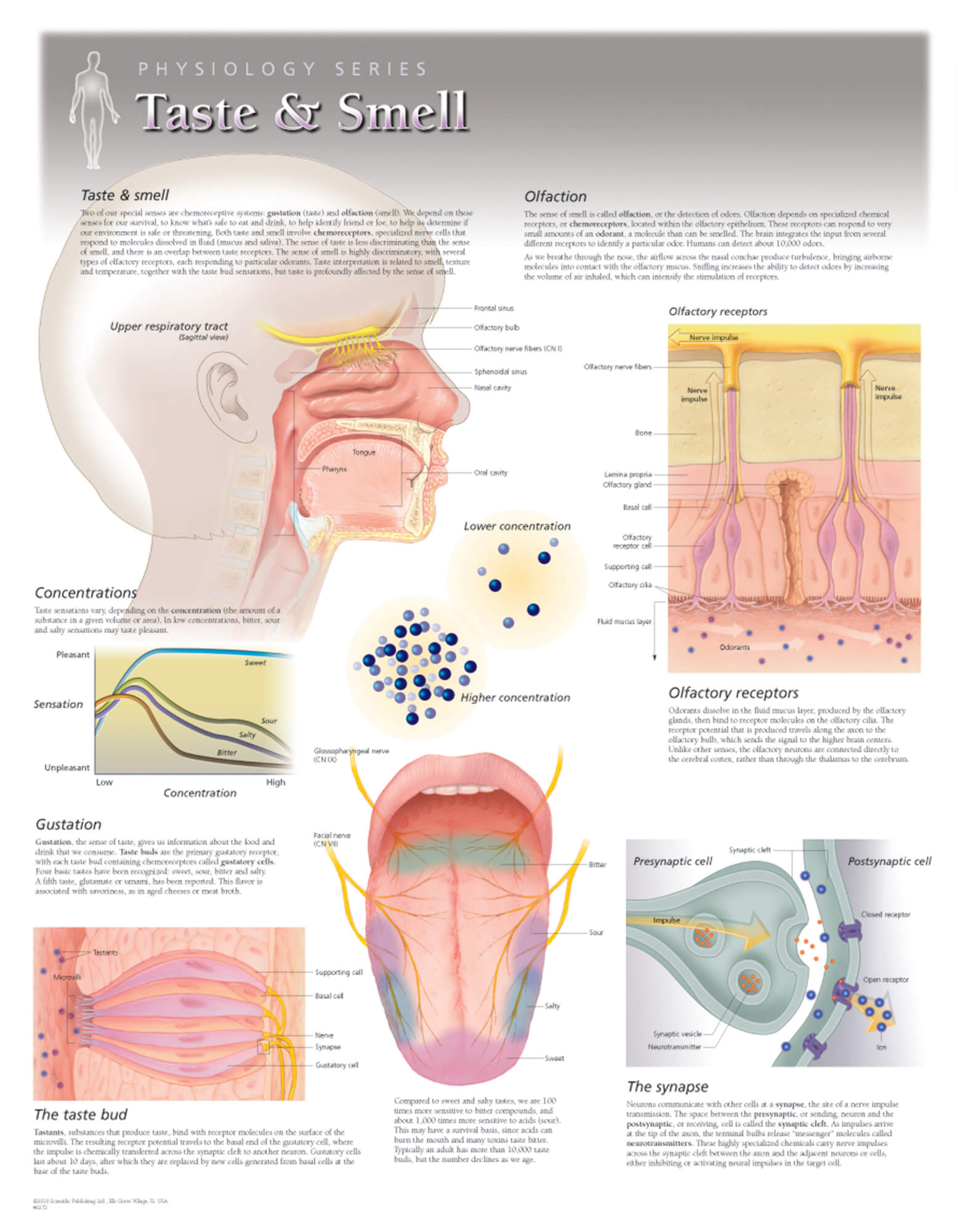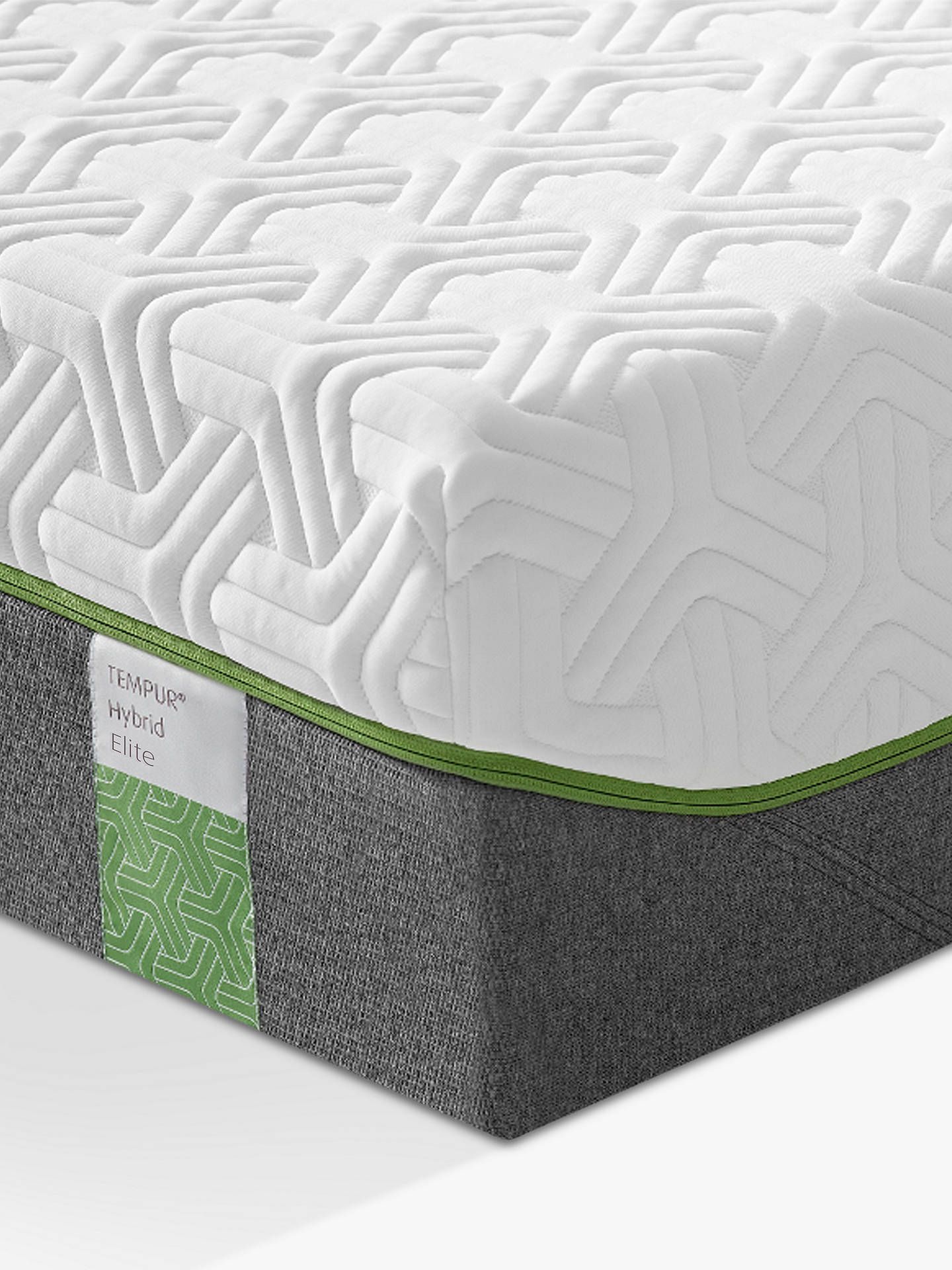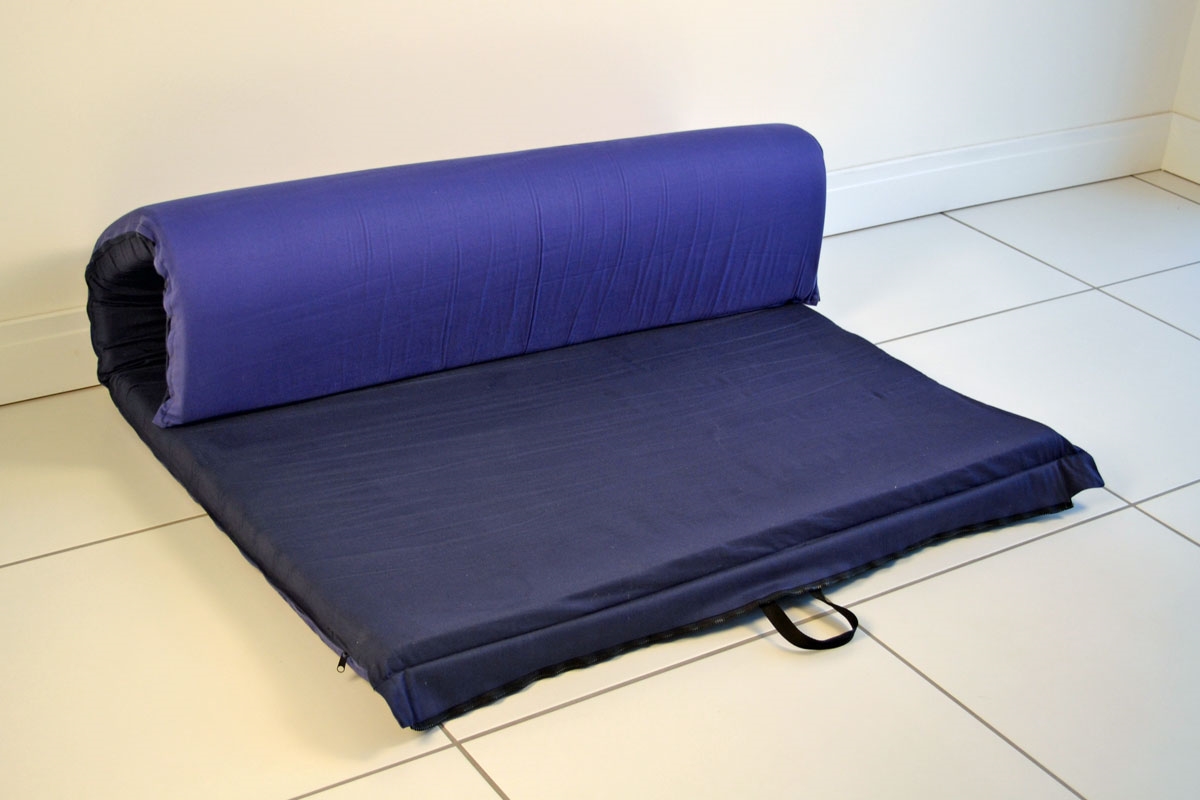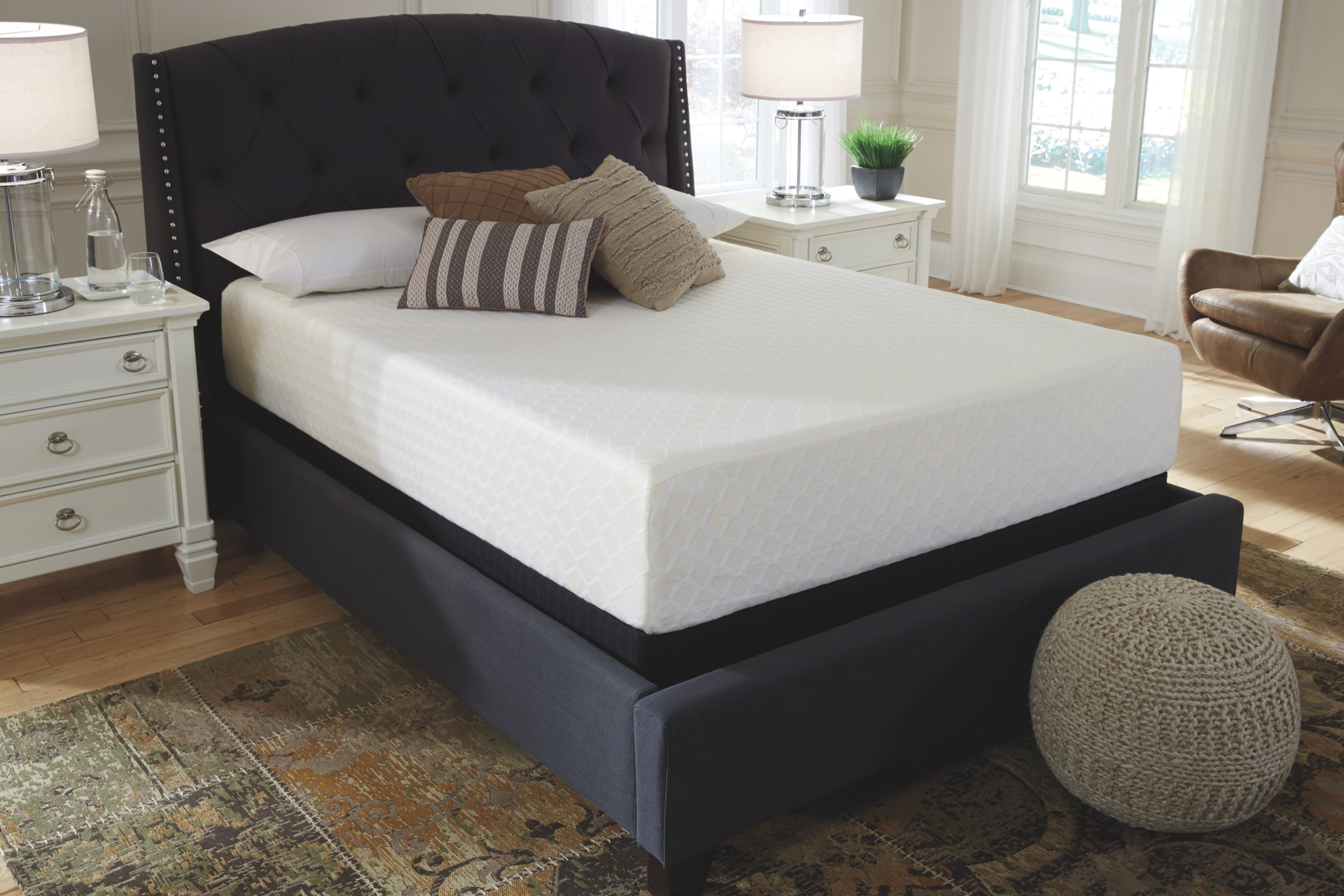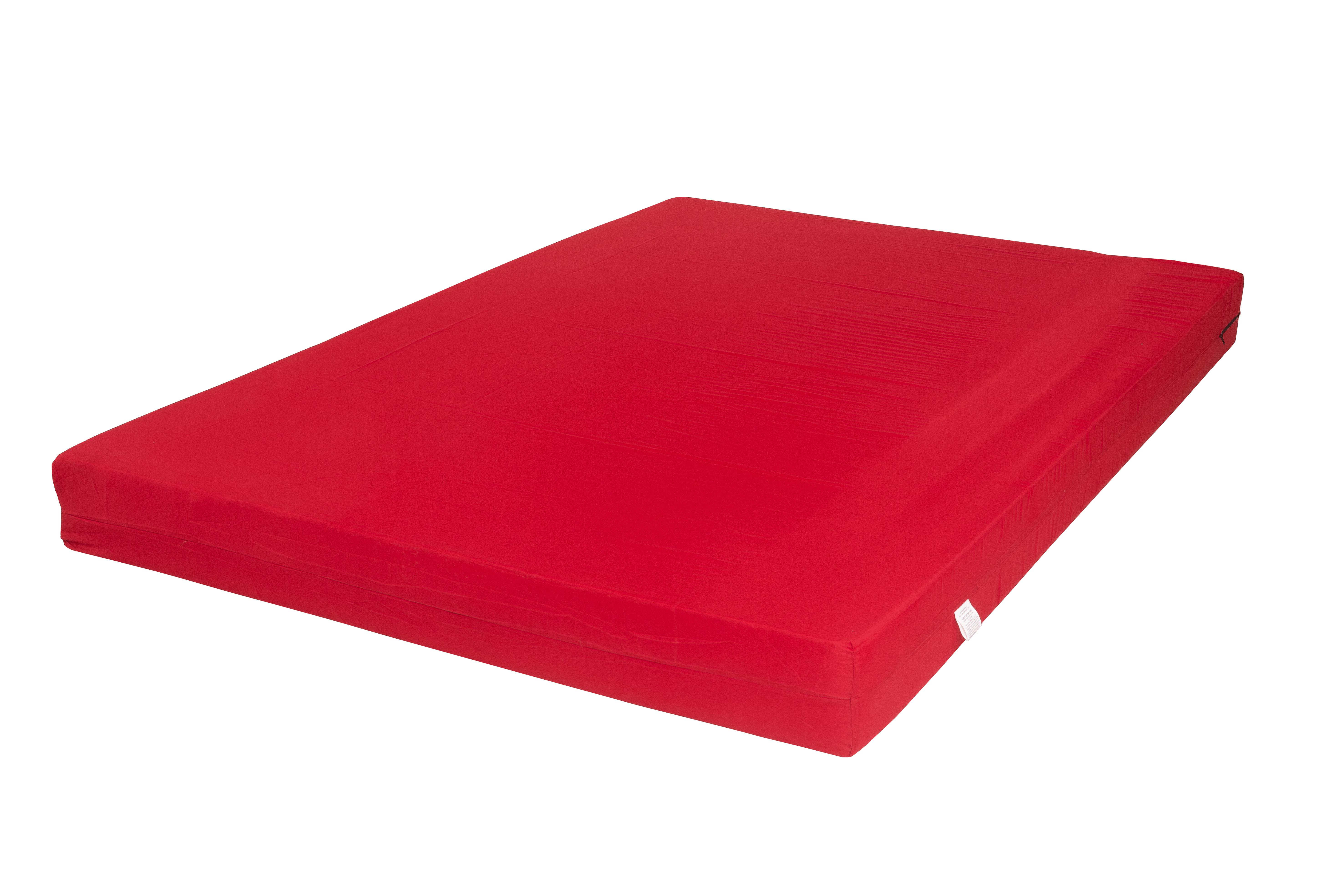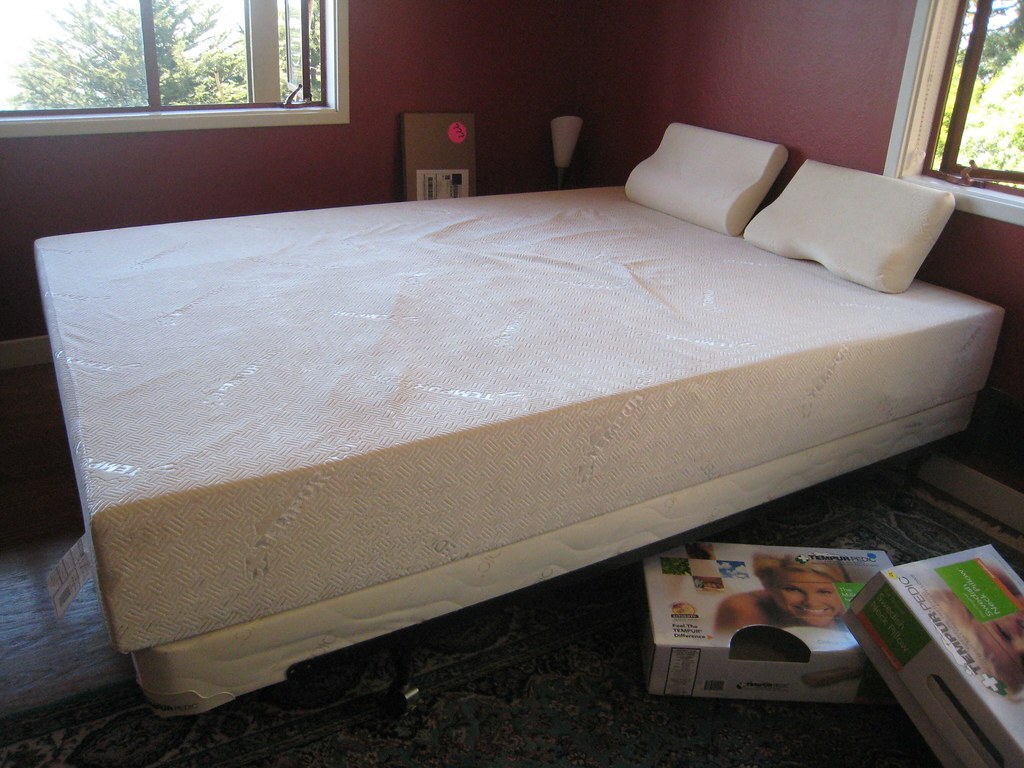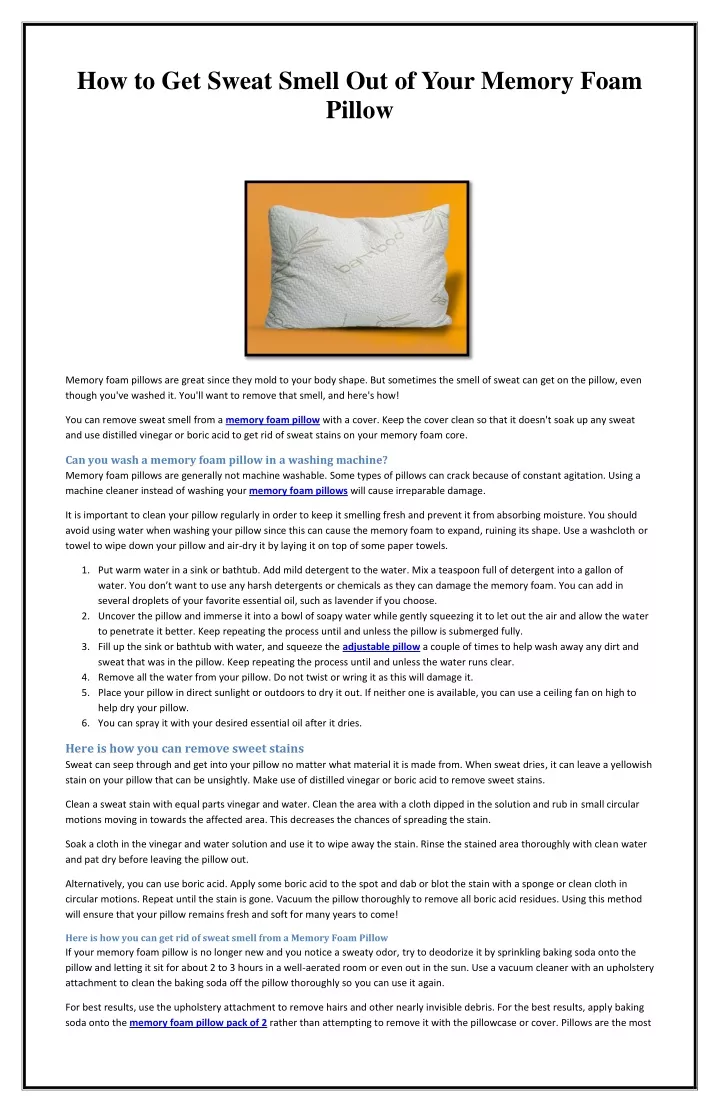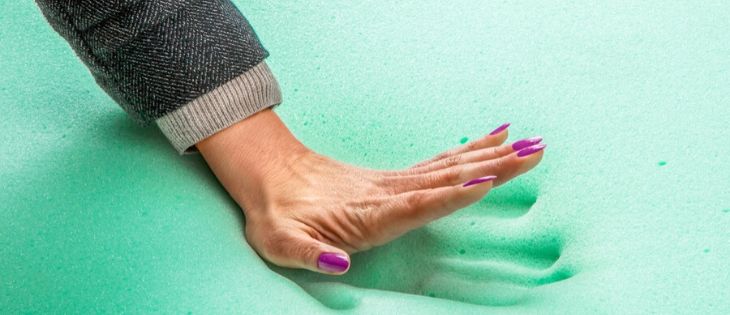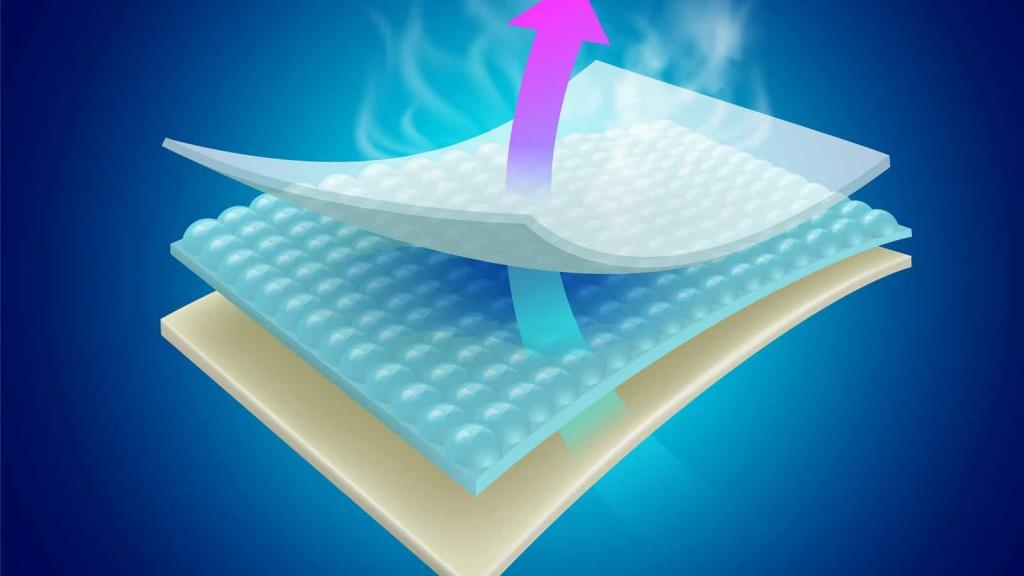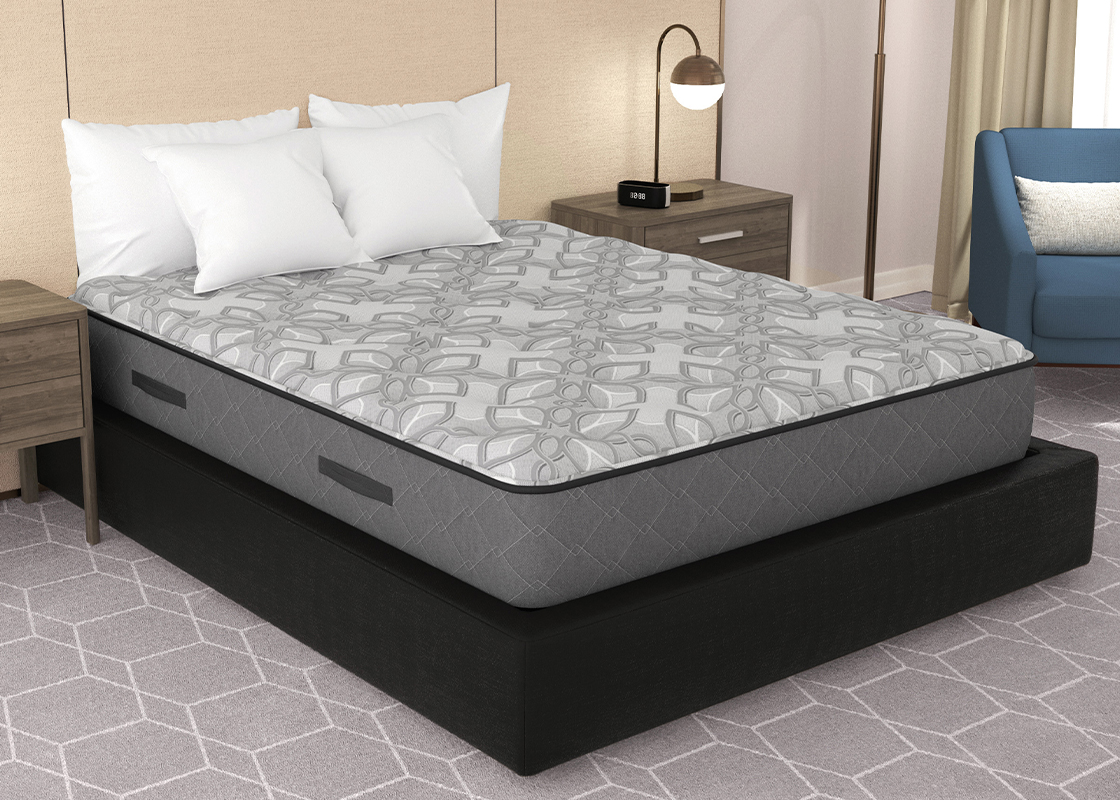Memory foam mattresses have become increasingly popular in recent years for their ability to conform to the body and provide excellent support. However, one common issue that many people encounter with these mattresses is a strong chemical smell. While this smell may dissipate over time, it can be a major concern for those who are sensitive to strong odors or have respiratory issues. In this article, we will dive into the top 10 reasons why your memory foam mattress may have a chemical smell and what you can do about it.The Problem with Memory Foam Mattresses: Chemical Smell
One of the main reasons why memory foam mattresses have a chemical smell is due to off-gassing. Off-gassing is the release of volatile organic compounds (VOCs) from the materials used in the mattress. These compounds can emit a strong odor that is often described as a "new car" or "plastic" smell. The higher the density of the memory foam, the stronger the off-gassing smell may be.1. Off-Gassing
Memory foam is made from polyurethane foam, which is a type of plastic. This material is known to have a distinct chemical smell, especially when it is new. While polyurethane foam is generally considered safe, some people may be sensitive to the odor it emits.2. Polyurethane Foam
In order to meet fire safety regulations, memory foam mattresses are often treated with flame retardants. These chemicals can also contribute to the chemical smell of the mattress. Some flame retardants have been linked to health concerns, so it is important to research the type of flame retardant used in your mattress.3. Flame Retardants
Adhesives are used to bond the different layers of a memory foam mattress together. These adhesives can also emit a chemical smell, especially when they are new. The smell may be more noticeable in mattresses that are compressed and shipped, as the adhesives have less time to off-gas before being used.4. Adhesives
The packaging of memory foam mattresses can also contribute to the chemical smell. Many mattresses are tightly sealed in plastic packaging, which can trap in the odors emitted by the materials. This can make the smell more intense when the mattress is first unwrapped.5. Packaging
Temperature can also play a role in the strength of the chemical smell in a memory foam mattress. Memory foam is sensitive to temperature changes, and when it is exposed to heat, it can emit a stronger odor. This is why some people may notice a stronger smell when they first lie down on their mattress.6. Temperature
Unfortunately, not all memory foam mattresses are created equal. Some manufacturers may use lower quality materials that can emit a stronger chemical smell. This is why it is important to research the brand and materials used in your mattress before making a purchase.7. Poor Quality Materials
Proper ventilation is key to reducing the chemical smell in a memory foam mattress. If your mattress is placed in a room with poor air circulation, the smell may linger for longer. It is important to allow your mattress to air out in a well-ventilated area before using it.8. Lack of Ventilation
Some people are more sensitive to smells than others, which can make the chemical smell of a memory foam mattress more noticeable. If you have a strong sense of smell or are generally sensitive to odors, you may be more bothered by the chemical smell of your mattress.9. Sensitivity to Smell
The Truth Behind the Chemical Smell in Memory Foam Mattresses

The Rise of Memory Foam Mattresses
 In recent years, memory foam mattresses have gained immense popularity due to their ability to conform to the body and provide unmatched comfort and support. Made from a viscoelastic foam, these mattresses were initially developed by NASA in the 1960s for their astronauts to provide pressure relief during takeoff and landing. However, it was not until the 1990s that memory foam mattresses became widely available for the general public. Today, they are a preferred choice for many households, but there is one issue that often plagues new owners - the chemical smell.
In recent years, memory foam mattresses have gained immense popularity due to their ability to conform to the body and provide unmatched comfort and support. Made from a viscoelastic foam, these mattresses were initially developed by NASA in the 1960s for their astronauts to provide pressure relief during takeoff and landing. However, it was not until the 1990s that memory foam mattresses became widely available for the general public. Today, they are a preferred choice for many households, but there is one issue that often plagues new owners - the chemical smell.
The Chemical Composition of Memory Foam
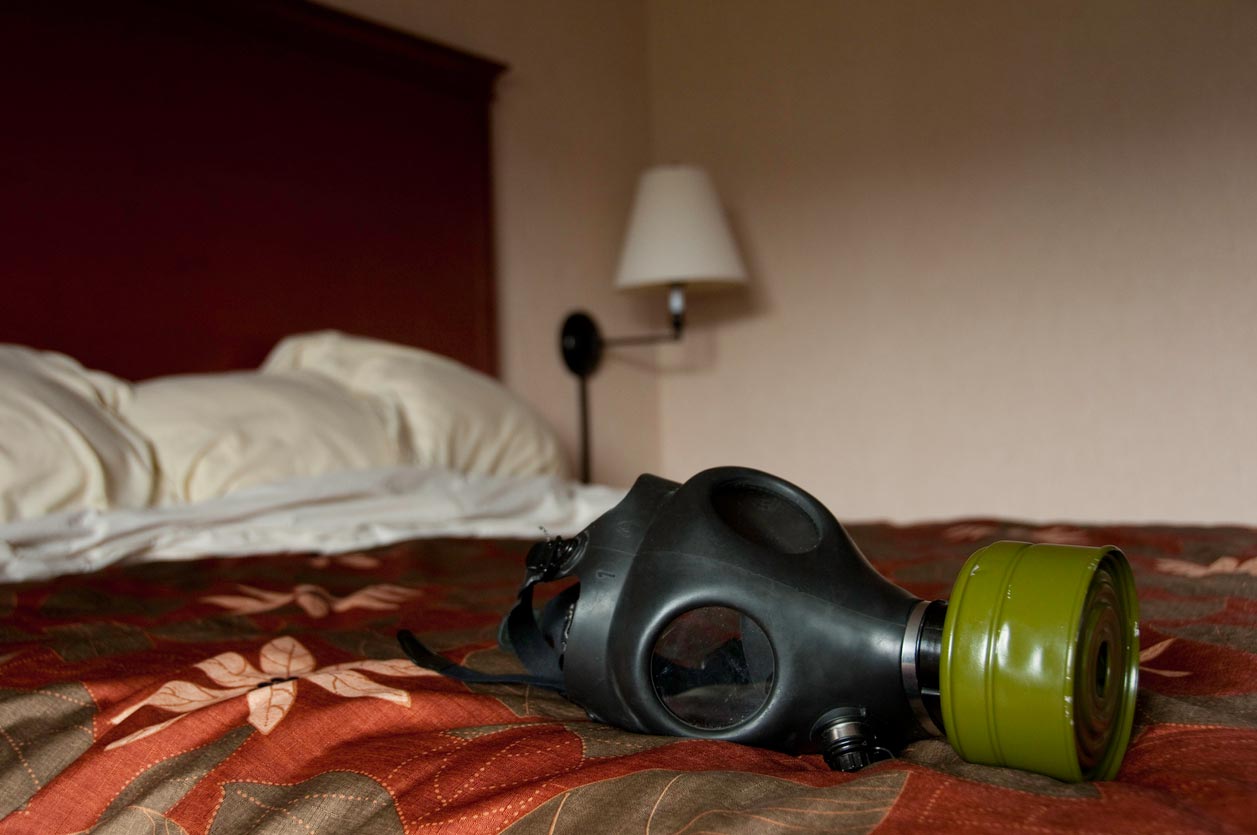 Before delving into the cause of the chemical smell, it is important to understand the composition of memory foam mattresses. Apart from the viscoelastic foam, memory foam mattresses also contain a variety of chemicals such as polyurethane, petroleum-based oils, and flame retardants. These chemicals are used to give the mattress its signature properties of contouring and support, as well as to meet safety regulations. However, it is the presence of these chemicals that can result in a strong odor.
Before delving into the cause of the chemical smell, it is important to understand the composition of memory foam mattresses. Apart from the viscoelastic foam, memory foam mattresses also contain a variety of chemicals such as polyurethane, petroleum-based oils, and flame retardants. These chemicals are used to give the mattress its signature properties of contouring and support, as well as to meet safety regulations. However, it is the presence of these chemicals that can result in a strong odor.
The Cause of the Chemical Smell
 When a memory foam mattress is first unpacked, it releases a chemical odor known as off-gassing. This is a normal and natural process that occurs when the chemicals in the mattress react with air and break down into a gas form. The intensity of the smell can vary depending on the brand and type of memory foam used. It can range from a mild scent to a strong and pungent odor that may linger for days or even weeks.
When a memory foam mattress is first unpacked, it releases a chemical odor known as off-gassing. This is a normal and natural process that occurs when the chemicals in the mattress react with air and break down into a gas form. The intensity of the smell can vary depending on the brand and type of memory foam used. It can range from a mild scent to a strong and pungent odor that may linger for days or even weeks.
Is the Chemical Smell Harmful?
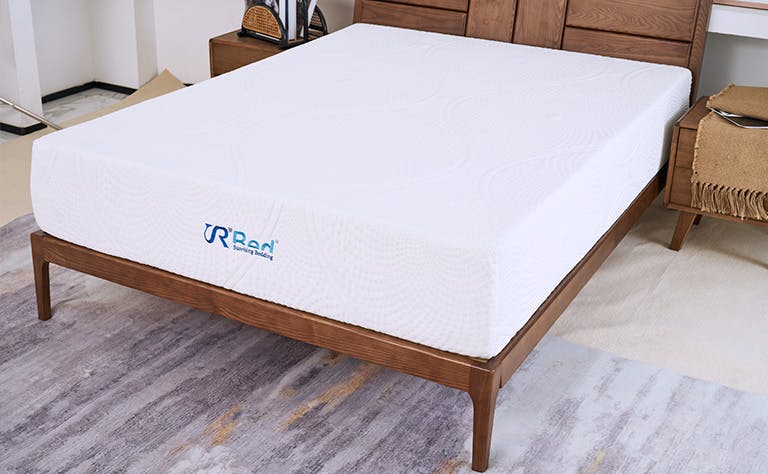 The chemical smell from memory foam mattresses has been a cause for concern for many consumers. However, the good news is that the smell is not harmful. The chemicals used in memory foam mattresses are non-toxic and do not pose any health risks. They are also certified by various regulatory bodies such as CertiPUR-US® and OEKO-TEX® to ensure they are safe for use. The smell may be unpleasant, but it is not harmful to your health.
The chemical smell from memory foam mattresses has been a cause for concern for many consumers. However, the good news is that the smell is not harmful. The chemicals used in memory foam mattresses are non-toxic and do not pose any health risks. They are also certified by various regulatory bodies such as CertiPUR-US® and OEKO-TEX® to ensure they are safe for use. The smell may be unpleasant, but it is not harmful to your health.
How to Get Rid of the Chemical Smell
 If the chemical smell from your memory foam mattress is bothersome, there are a few things you can do to reduce its intensity. Firstly, make sure to unpack and air out your mattress in a well-ventilated room. This will allow the chemicals to dissipate faster. You can also try using a mattress protector or cover to minimize direct contact with the mattress. Another option is to sprinkle baking soda on the mattress and let it sit for a few hours before vacuuming it off. This can help absorb the odor.
If the chemical smell from your memory foam mattress is bothersome, there are a few things you can do to reduce its intensity. Firstly, make sure to unpack and air out your mattress in a well-ventilated room. This will allow the chemicals to dissipate faster. You can also try using a mattress protector or cover to minimize direct contact with the mattress. Another option is to sprinkle baking soda on the mattress and let it sit for a few hours before vacuuming it off. This can help absorb the odor.
Final Thoughts
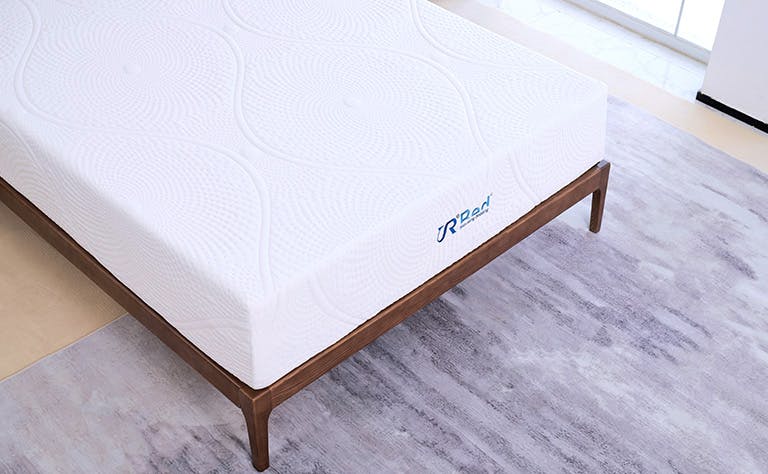 In conclusion, the chemical smell in memory foam mattresses is a normal occurrence and is not harmful to your health. While it may be bothersome, there are ways to reduce its intensity. Remember to always purchase your memory foam mattress from a reputable and certified brand to ensure the use of safe and non-toxic materials. With proper care and maintenance, you can enjoy the benefits of a memory foam mattress without any worries about the chemical smell.
In conclusion, the chemical smell in memory foam mattresses is a normal occurrence and is not harmful to your health. While it may be bothersome, there are ways to reduce its intensity. Remember to always purchase your memory foam mattress from a reputable and certified brand to ensure the use of safe and non-toxic materials. With proper care and maintenance, you can enjoy the benefits of a memory foam mattress without any worries about the chemical smell.
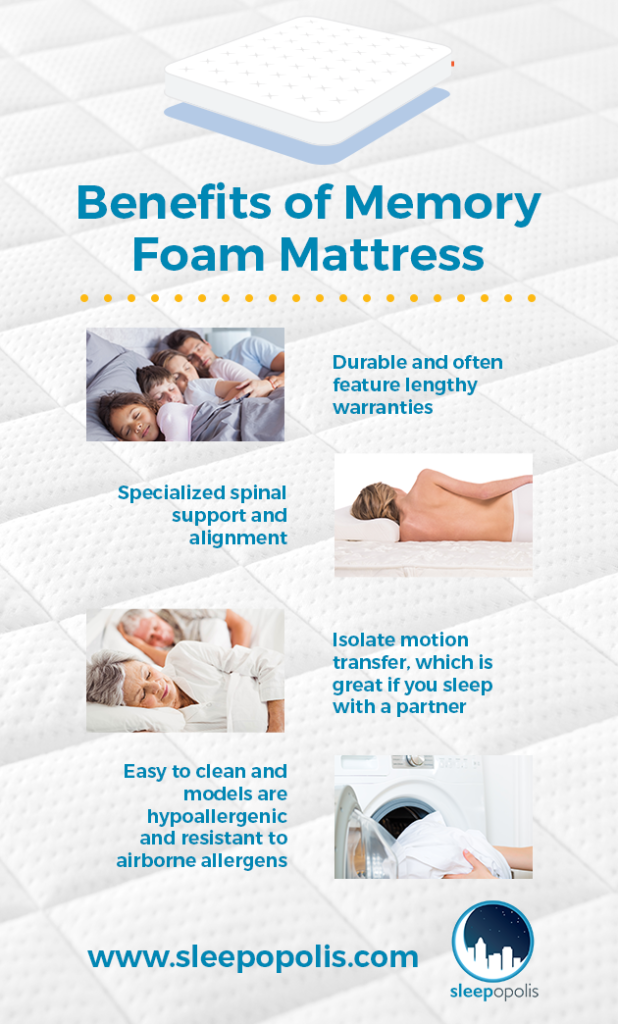

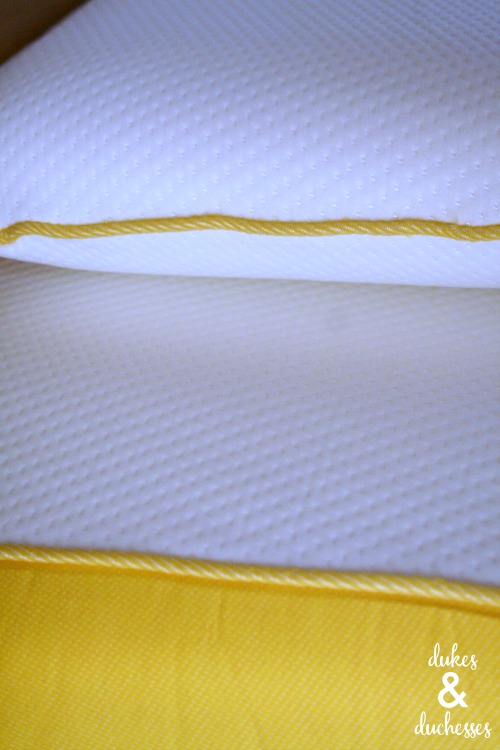




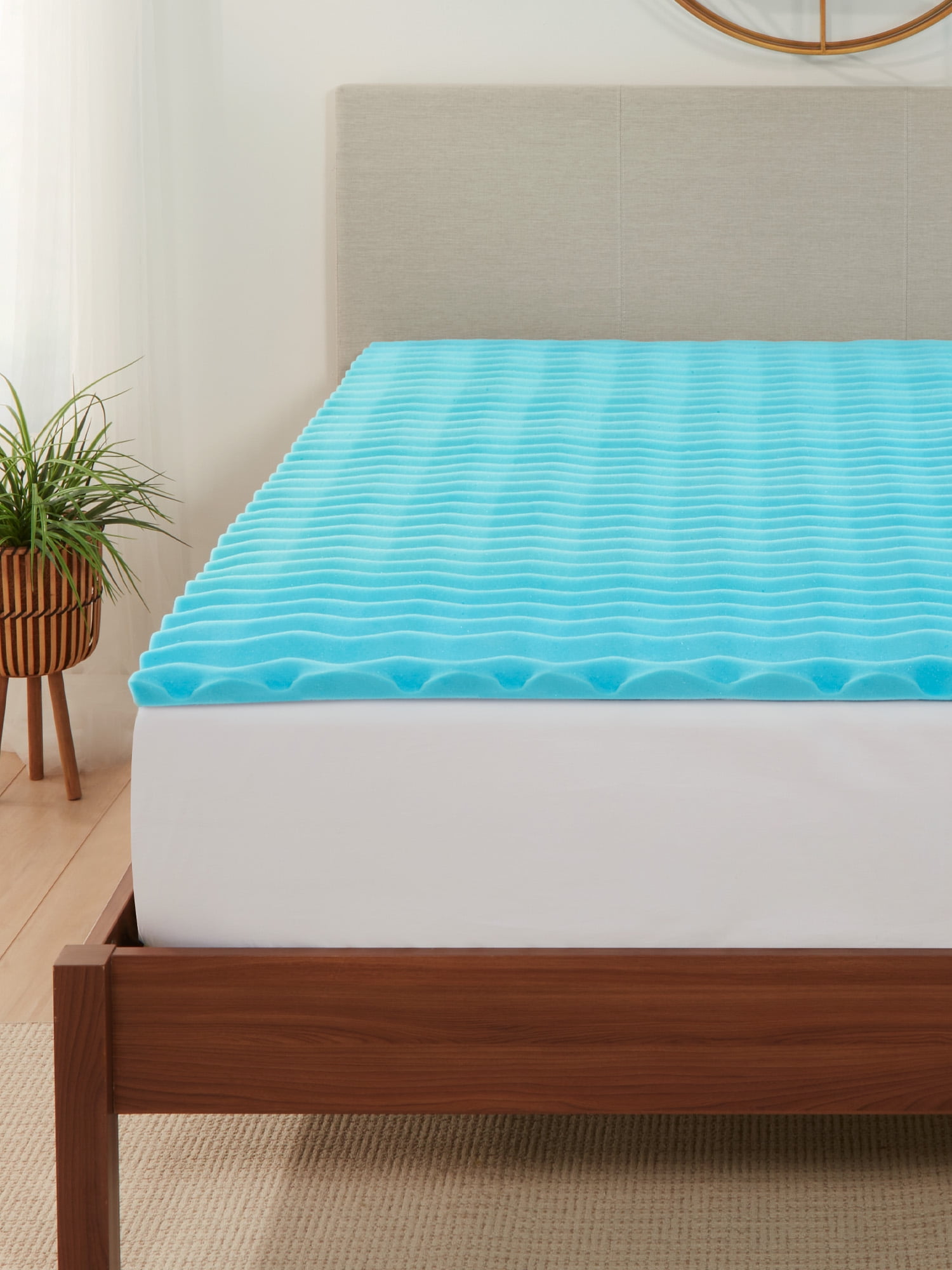




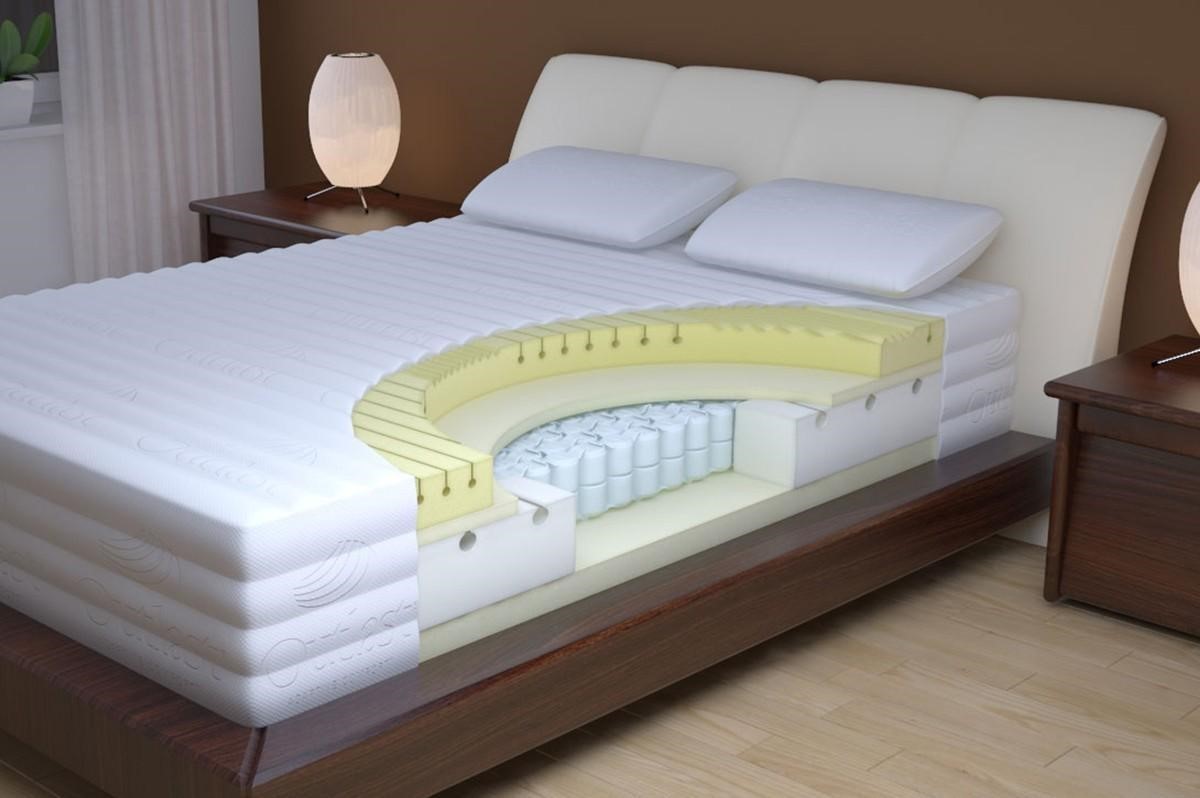
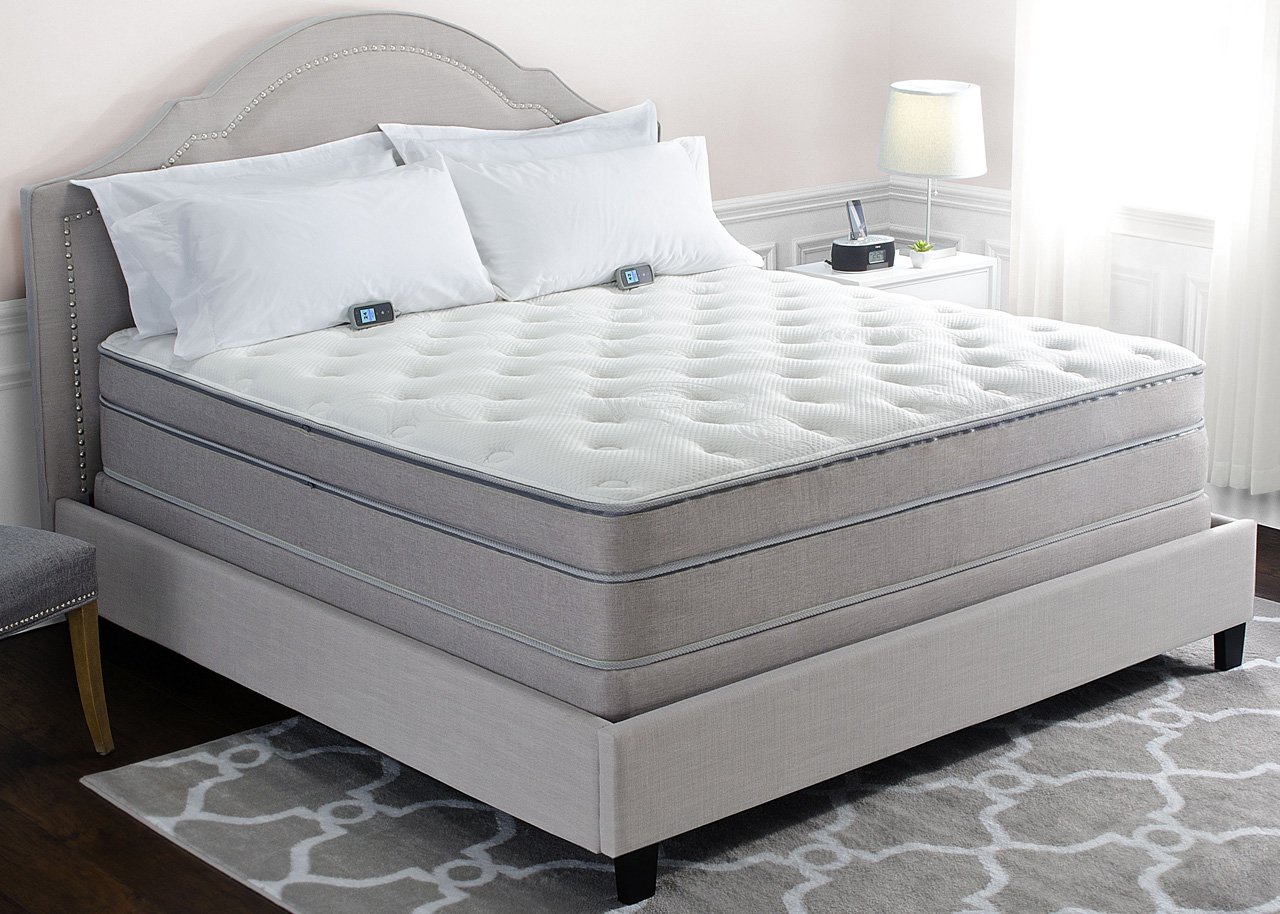




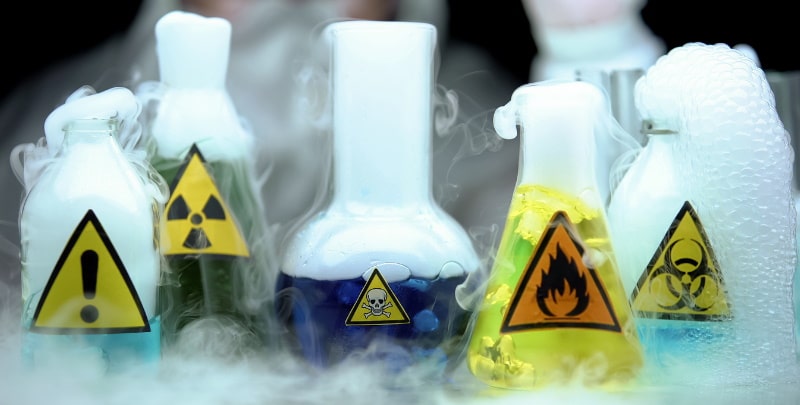

:max_bytes(150000):strip_icc()/157730815-56a130a25f9b58b7d0bce7e7.jpg)












